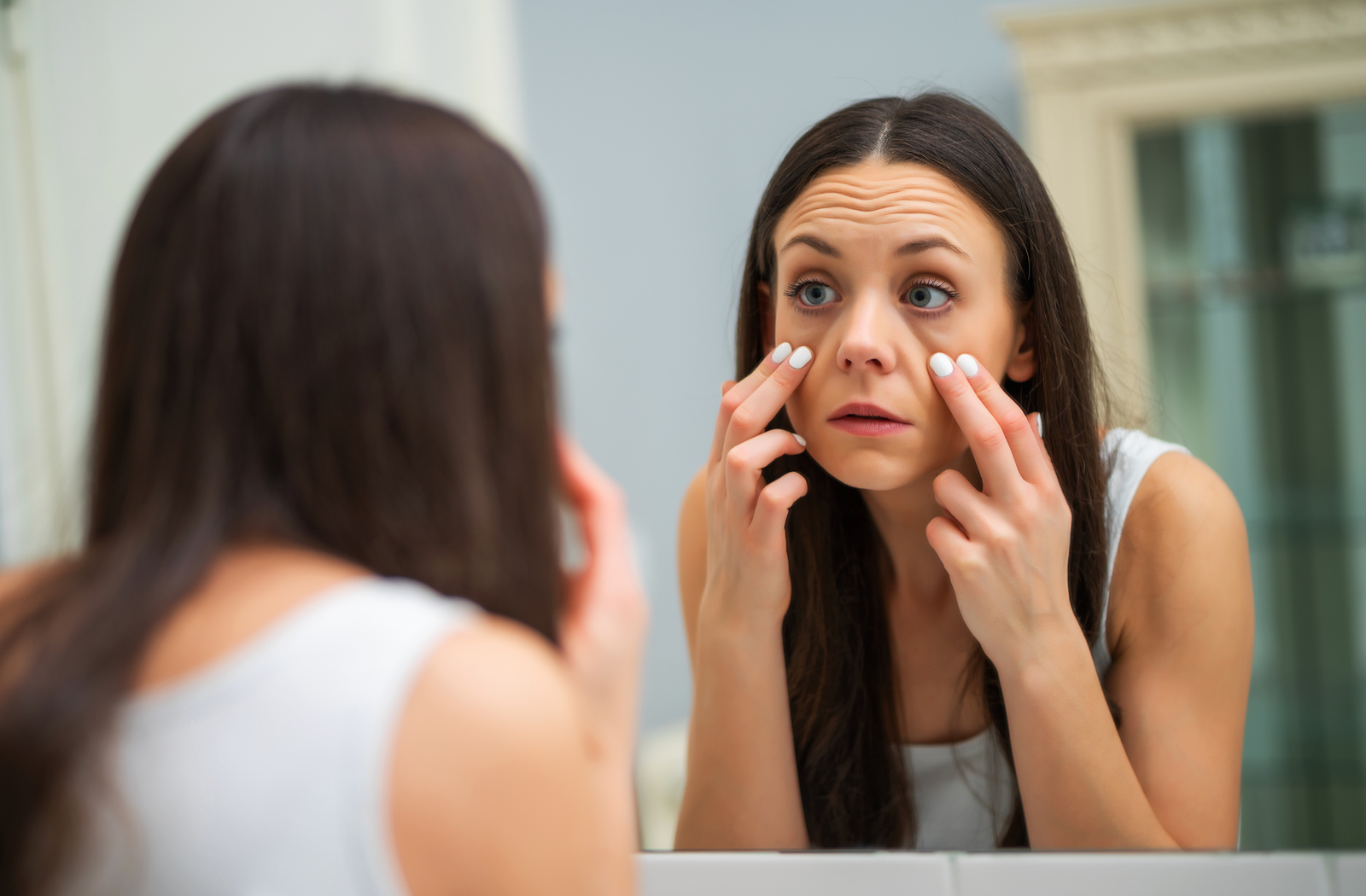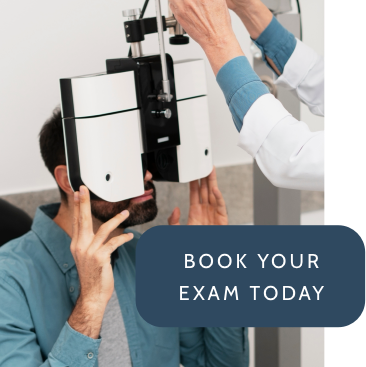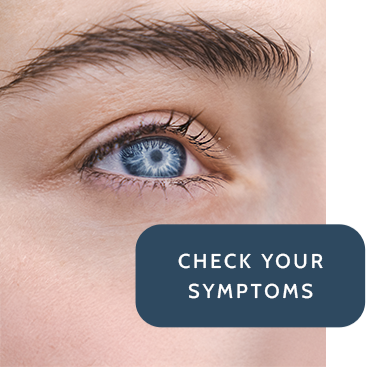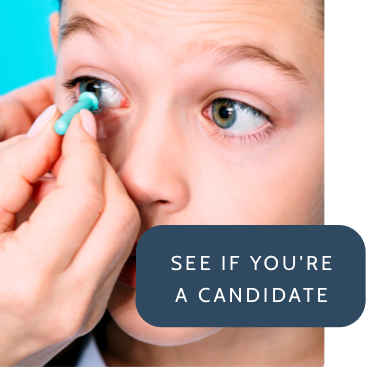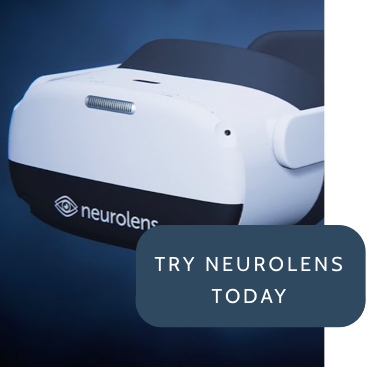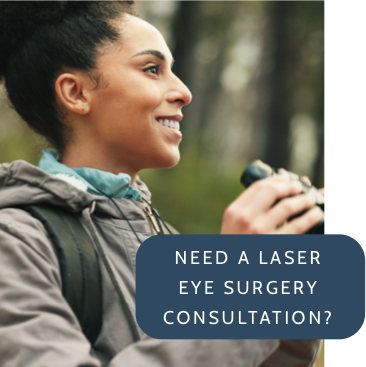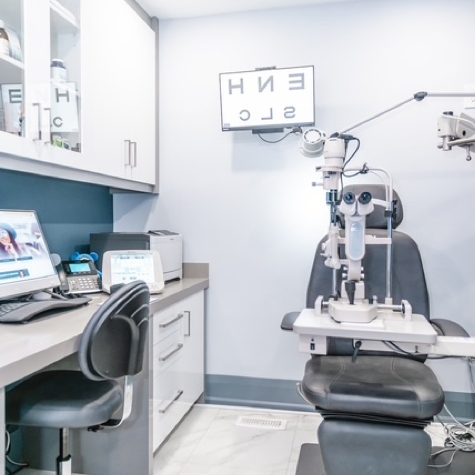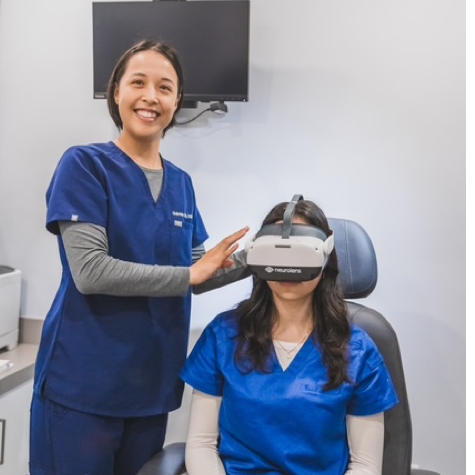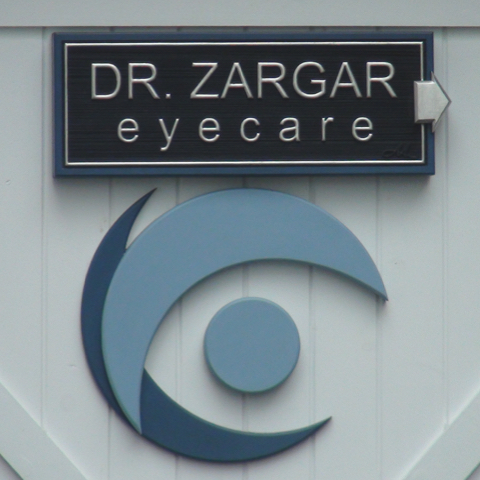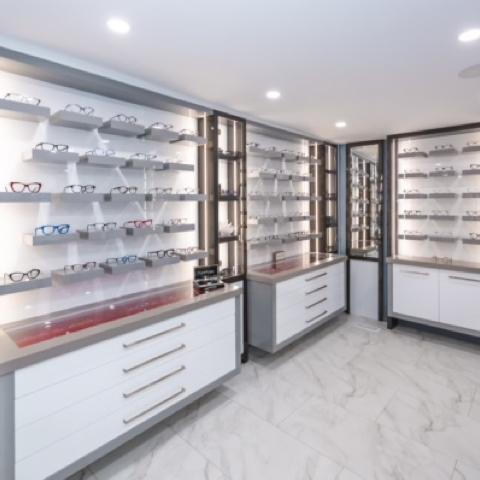You’re noticing that your eyes are constantly dry and irritated. You can sense that something’s not quite right. You may be suffering from dry eye disease.
Any issue with your eyes is always concerning. You can do everything right and visit your Optometrist consistently, and dry eye can still affect you.
Now, you may know you have dry eye, but what is this condition? And why do you have it? Let’s explore 7 reasons why you have dry eyes.
What Is Dry Eye?
Dry eye disease is a common condition that occurs when either your tears cannot provide enough lubrication for your eyes or your oil glands do not have regular secretions to lubricate your eyes. With this lack of lubrication and not having a stable tear film, you may experience some irritating and uncomfortable symptoms.
These symptoms include:
● Dry, itchy, irritated eyes
● Redness, watery eyes
● Burning sensation
● Eye fatigue
● Gritty feeling
● Contact lens discomfort
The appearance of these symptoms can be a good indicator that it’s time to get a dry assessment done and book an appointment with your Optometrist.
Dry eye discomfort can have you searching for relief and at-home treatments. These treatments include:
● Adding moisture to the air
● Wearing protective eyewear
● Using preservative free eye drops
● Avoid staring at screens for long periods
It’s always a good idea to take your dry eye symptoms seriously and take every precautionary measure to limit discomfort as dry eyes also cause fluctuating vision throughout the day.
Now that you know what dry eye is, what are some reasons for dry eye? Let’s take a look at 7 reasons dry eye syndrome could occur.
7 Reasons for Dry Eye
There can be several reasons that cause dry eyes—and the discomfort you feel can appear rapidly or over time.
Let’s explore some of those reasons.
Aging
Anyone can be susceptible to dry eyes, but it does become more common as you age. There is a decrease in the number and quality of tears you produce as you age, leading to dry eyes.
With aging, dry eye prevention is crucial. Using eye drops to provide extra lubrication is a great way to alleviate some of your dry eye discomfort.
Contact Lenses
Some lenses can restrict oxygen access to the cornea. Delivering oxygen to your eyes for nourishment is important in preventing dry eyes. Making a move to scleral contact lenses, which are custom-made for your eyes, can help combat dry eye disease for contact lens wearers.
Monitoring the effect of contact lenses on your eyes is essential. If you find your eyes are drying out easily, visiting your Optometrist can help figure out the cause of the discomfort you’re feeling.

Medications
Certain medications can be associated with dry eye disease.
Some of these medications include:
● Antihistamines for allergies
● Decongestants for cold symptom relief
● Antidepressants
● Diuretics
It’s important to monitor any medications and make sure you’re keeping up consistent appointments with your Optometrist if you feel any symptoms coming on.
Allergies
Having allergies can cause significant discomfort and potentially be dangerous if not addressed. When it comes to your eyes, allergies can make your eyes appear itchy, red, and watery.
If your dry eye issues appear with your allergies, consult your Optometrist for guidance.
Environmental Factors
You may notice you’re getting dry eyes from just being in your home—and the issue could be a lack of moisture in the air.
In this case, using a humidifier can help prevent dryness. The cold air in winter can also play a part in drying out your eyes. Using eye drops to provide extra lubrication during the colder days can help fight against dry eyes.
Laser Eye Surgery & Cataract surgery
Getting laser eye surgery or Cataract Surgery to correct your vision is a popular option but can also dry out your eyes. Following the surgery, the sensitivity of the cornea may decrease for up to 6 months during the recovery period. We recommend all our patients to have a dry eye assessment prior to surgery in order to be able to improve and increase the functioning of the oil glands and tear production. This is vital to the outcome of the surgery.
The loss of sensitivity can lead to a decrease in blink reflex and affect the ability of your eye to reconstruct the natural tear film, which leads to dry eyes.
If the issue persists, getting in touch with your Optometrist to get a detailed check-up or consulting a dry eye assessment tool can save you some grief.
Watch Your Screen Time
It’s no secret that we operate in a digital world and therefore have access to a computer or cell phone at all times.
When you’re focused on your screen, you tend not to blink as often as you should. As a result, your eyes can dry out due to a lack of lubrication.
Frequent breaks and utilizing preservative free eye drops can help keep your eyes healthy during those long workdays.
Dealing With Dry Eye
Dry eye disease is a constant battle, and you’ll have to monitor and combat the symptoms consistently. Many methods are available to relieve dry eye symptoms, but knowing the type of dry eye you have will guide you in the right direction of which treatment is best suitable for you.
Book an appointment with your Optometrist today and have your Comprehensive Dry Eye Assessment to get more information and guidance on dealing with dry eye disease.

